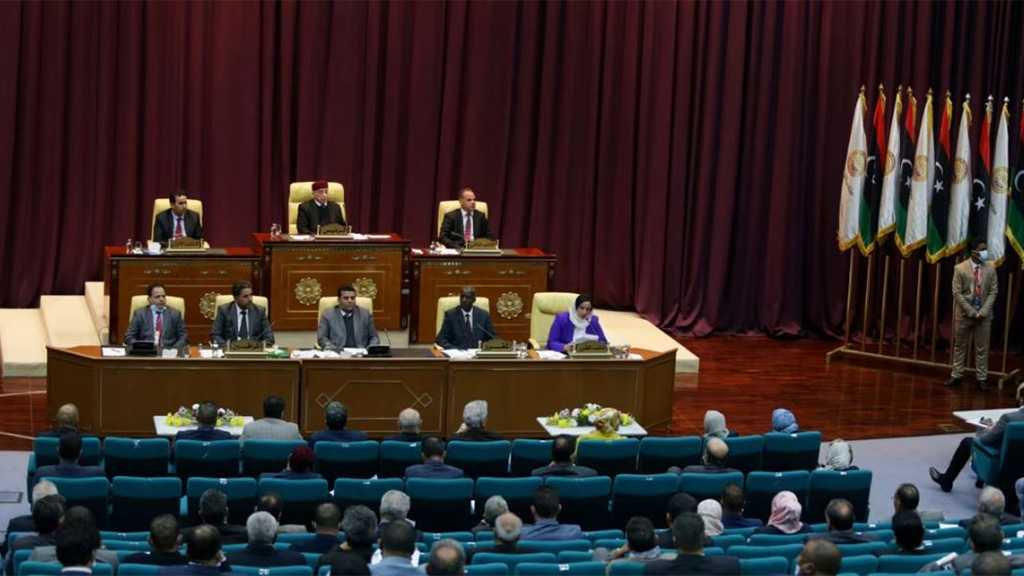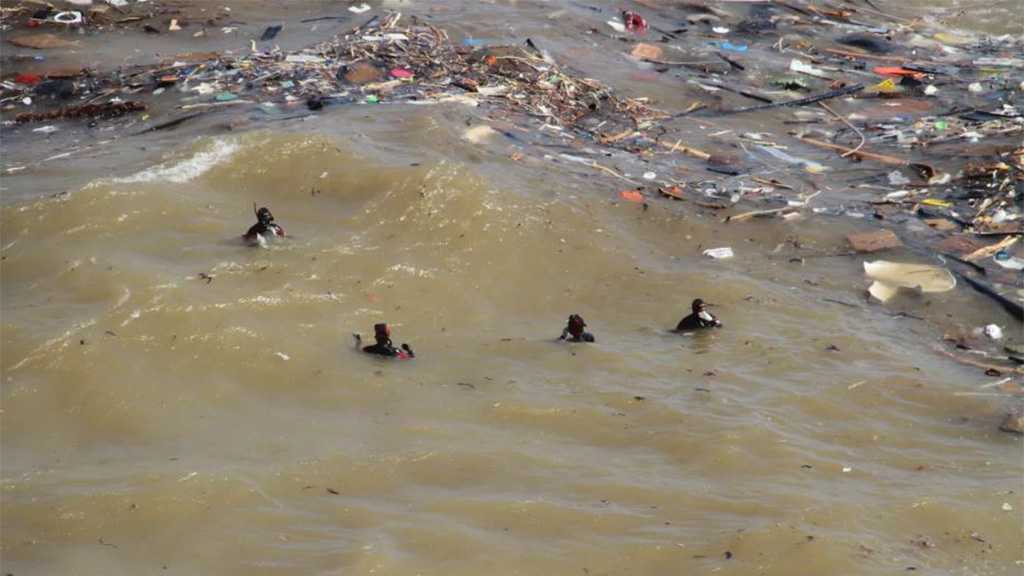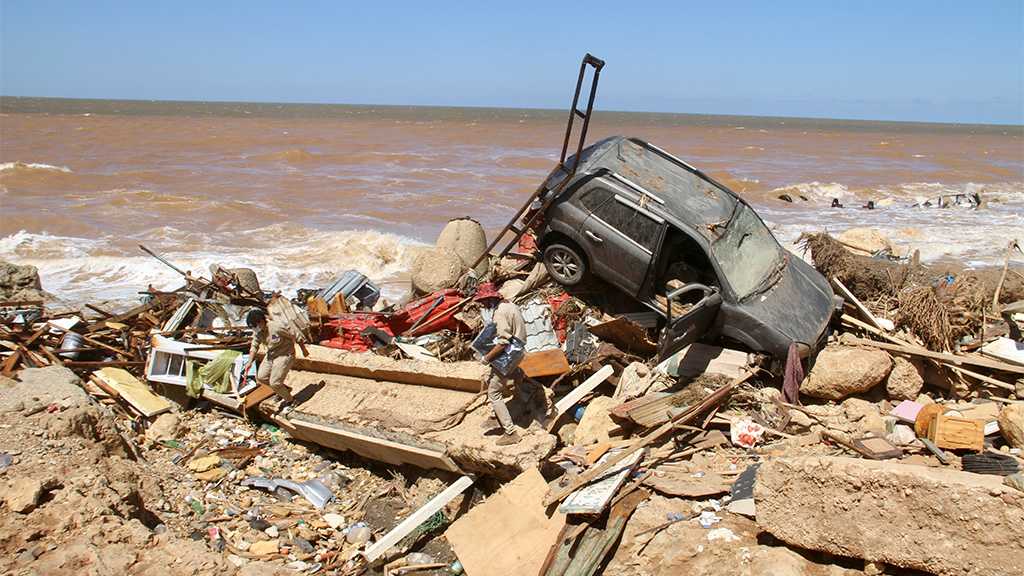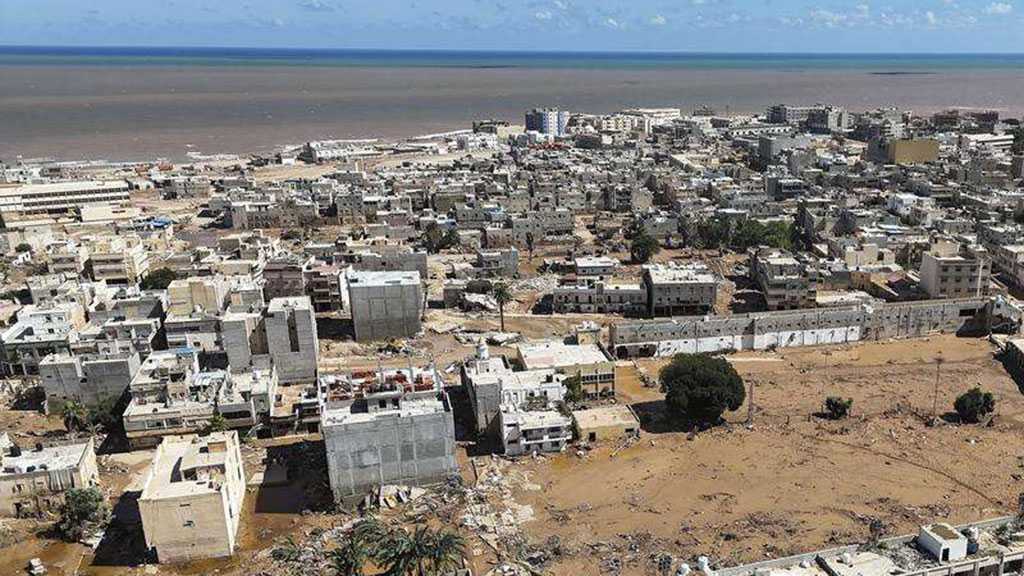
Rebel Movement Declare Shadow Gov’t Formation: Libya
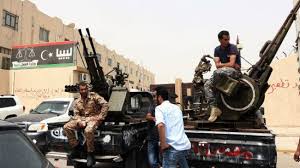
Local Editor
The leaders of a rebel movement have unilaterally declared the formation of a shadow government in oil-rich eastern Libya, dealing another blow to the central government in the capital Tripoli.
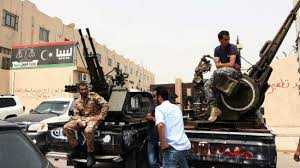
Thursday's development came months after the Barqa movement, which is supported by some rebel militias and local tribal chiefs, declared Cyrenaica -- or Barqa in Arabic, the eastern half of Libya -- to be an autonomous state.
Abd-Rabbo al-Barassi, the head of the self-declared Barqa government, said the aim is to weaken the authority of the central government, claiming Tripoli has discriminated against the eastern half.
"The aim of the regional government is to share resources in a better fashion, and to end the centralized system adopted by the authorities in Tripoli," Barassi said during a news conference in the northeastern town of Ajdabiya on Thursday.
He rejected accusations that his movement is seeking to capture the region's oil resources.
"We only want Barqa's share according to the 1951 constitution," Barassi said, referring to the constitution brought into force by King Idris on October 7, 1951 under which the country was divided into three governorates of Cyrenaica, Tripolitania and Fezzan. Cyrenaica encompassed the eastern half.
He added that the government has 24 ministerial posts, but does not include the defense or foreign affairs portfolios.
Barassi stated that the Barqa government would have the provinces of Benghazi, Tobruk, Ajdabiya and Jebel Akhdar under its management.
Since the overthrow of long-time dictator Muammar Gaddafi in 2011, the Libyan government has been struggling to tackle the presence of armed militants, who fought against forces loyal to Gaddafi.
Libyans rose up against Gaddafi's four-decade rule in February 2011 and deposed him in August 2011. He was slain on October 20 of the same year.
Benghazi was the birthplace of the 2011 uprising. It is largely governed by militias in the absence of unified Libyan security and military forces.
The former rebels refuse to lay down their arms, despite efforts by the central government to impose law and order.
Meanwhile, a blockade by armed groups on key Libyan oilfields and terminals in the east has paralyzed the country's oil industry, choking output to a tenth of normal levels.
Guards working with the oil industry have been on strike since July and imposed a blockade on oilfields and terminals. Many armed militants and defected soldiers have also joined the guards in their campaign against the government.
The Libyan government is importing fuel to keep power stations running and queues are growing at petrol stations across the country.
Source: Press TV
